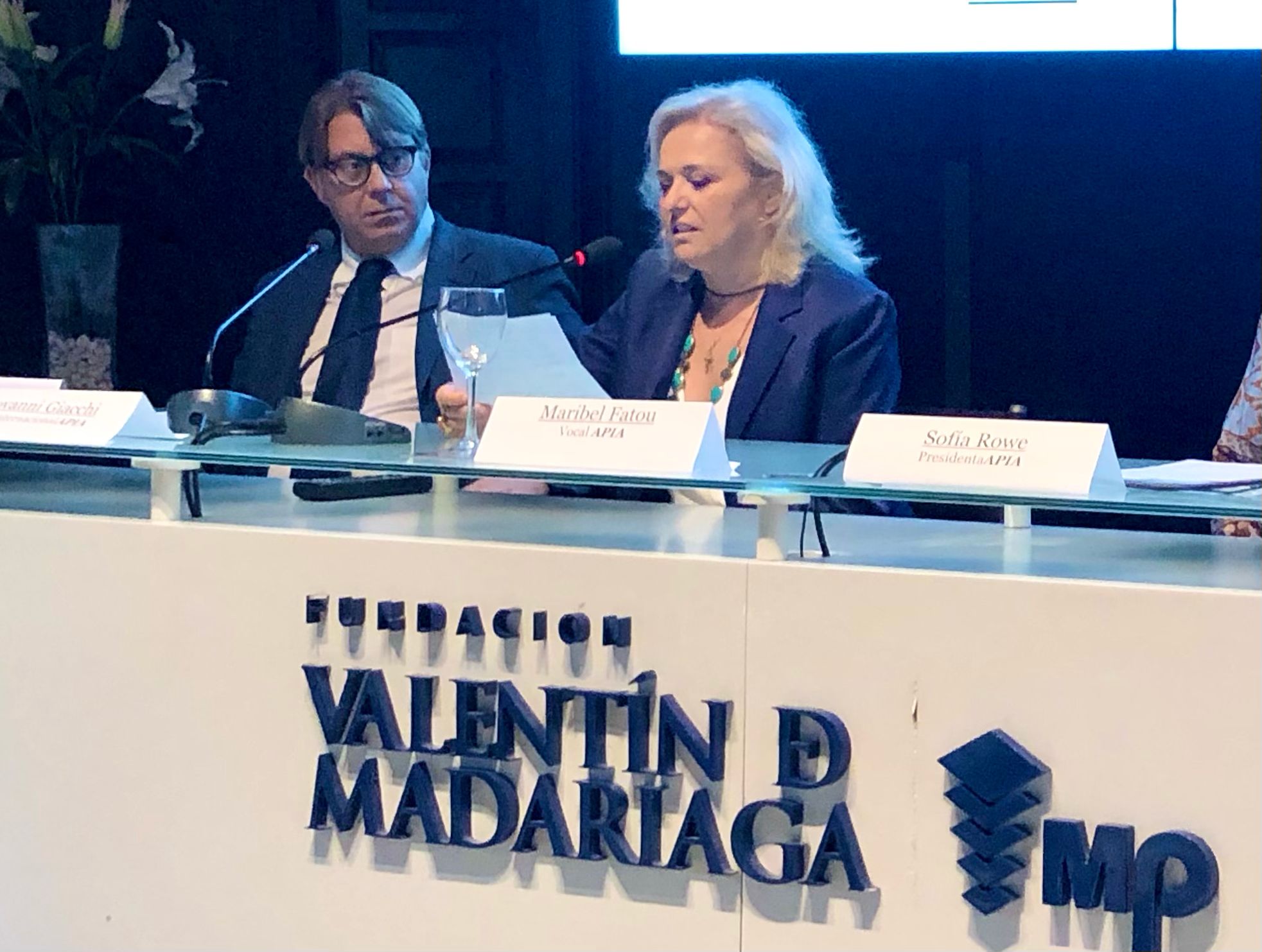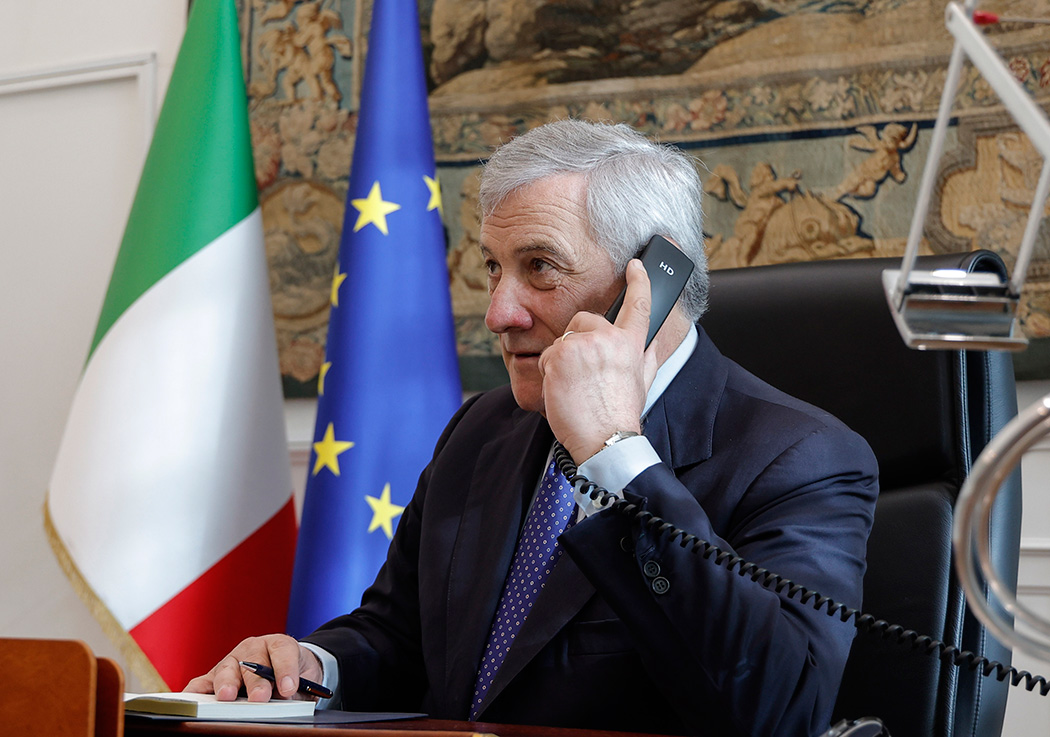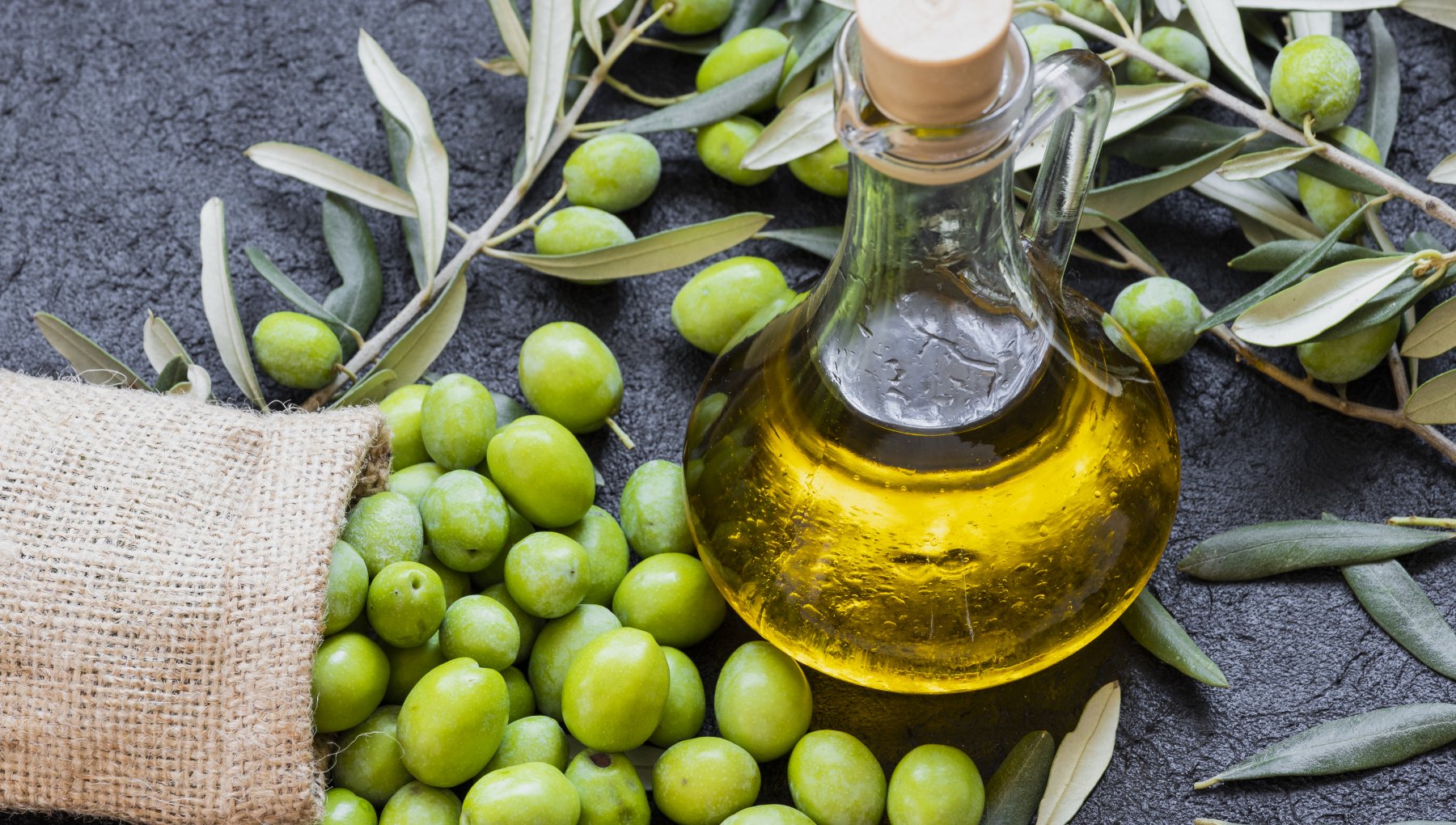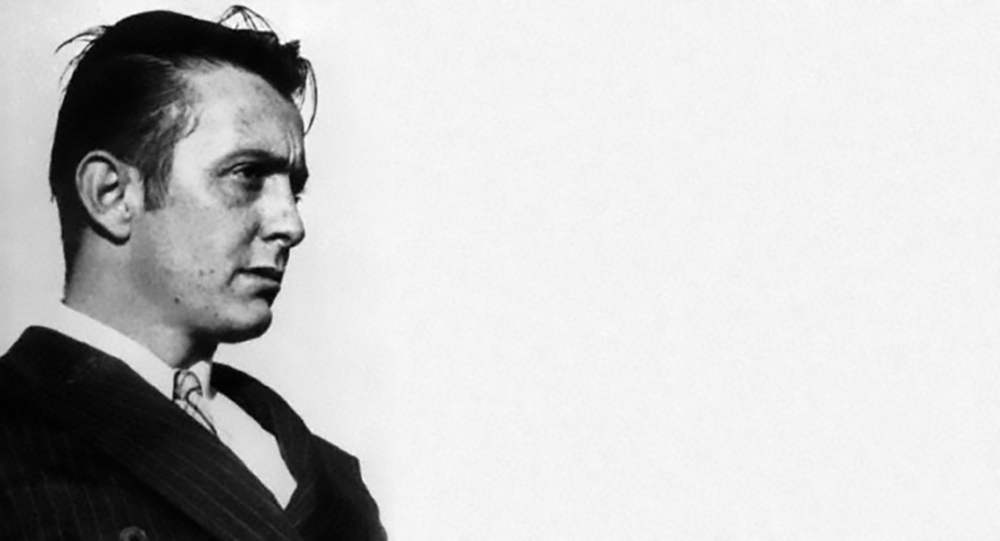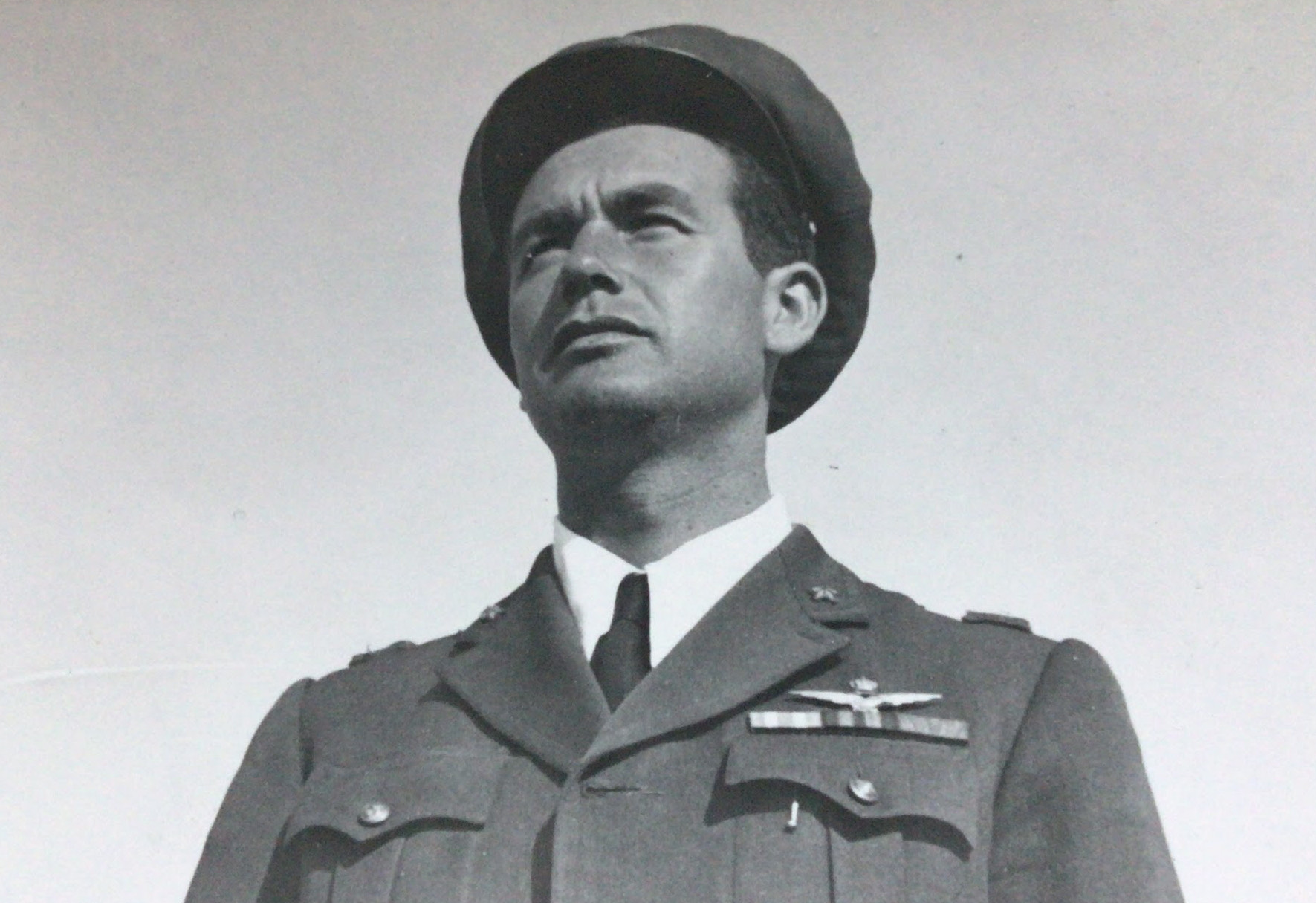“No estoy de acuerdo con lo que dices, pero defenderé hasta la muerte tu derecho a decirlo”. En el famoso lema que subyace a la libertad de expresión todos sabemos reconocernos, pero pocos tienen el valor de aplicar en la práctica el derecho a garantizar que todos puedan hablar sin censura. Es un concepto que hay que apoyar y renovar. Y APIA, la asociación independiente de periodistas de Andalucia presentada ayer a la Fundación Madariaga, quiere montar “la lucha”.
Maribel Fatou, que ha planteado la audiencia a cuestiones sencillas pero hoy de difícil resolución, lo ha expresado muy claramente: “¿De dónde empieza la libertad? ¿Esta’ al azar me libertad superior a la tuya? ¿Es tu libertad mas importante que la mía? ¿Qué es la línea roja de la libertad de expresion?”. Es el desafío periodístico más importante que la Fatou tiene el mérito de haber llamado la atención de tantos colegas.
“¿Tenemos derecho a pensar sin ser demonizados por ello?”. Se trata de una etapa histórica muy dolorosa, en la que todos esperábamos tener más derechos y libertades y, en cambio, parece que la posibilidad de expresarse libremente es cada vez más difícil.
En la intervención de Fatou un papel clave la defensa de la profesión porque “para dignificar a la profession hay que mojarse, pelar por los periodistas”. “Tenemos que efender los derechos, que sean inalienables. Todos queremos ejercer pero con las mejores garantias” destacó la periodista.
Y “si la libertad significa algo, significa el derecho de decir a la gente lo que no quiere oír”, como decía George Orwell, que de censuras se hablaba mucho, el homenaje de Fatou fue también a los periodistas muertos para cumplir su deber. Fue un pasaje de la intervención que no era obvio y que subraya bien los principios de la recién nacida Asociación.
Así que todos recordamos a José Luis López de Lacalle Arnal, periodista y activista español que escribía para el diario El Mundo y fue asesinado por ETA, el italiano Walter Tobagi asesinado por cinco disparos en la calle Salaino en Milán en 1980 por mano de un grupo terrorista de extrema izquierda, Daniel Pearl, periodista estadounidense del Wall Street Journal, secuestrado por un grupo de fundamentalistas islámicos en Karachi y asesinado nueve días despues, Anna Politkovskaja, periodista rusa comprometida con los derechos humanos y fuerte oponente del Presidente Vladimir Putin, asesinada en el ascensor de su edificio de Moscú el 7 de octubre de 2006. Porque recordar es una obligación moral, ética, civil.
English version:
“I do not agree with what you say, but I will defend to the death your right to say it”. In the famous slogan that underlies freedom of expression, we all know how to recognize each other, but few have the courage to apply in practice the right to ensure that everyone can speak without censorship. It is a concept that must be supported and renewed. And APIA, the independent association of journalists from Andalucia presented yesterday to the Madariaga Foundation, wants to mount “the struggle”.
Maribel Fatou, who raised simple but difficult questions at the hearing today, made it very clear: “Where does freedom start? Is my freedom randomly superior to yours? Is your freedom more important than mine? What is the red line of freedom of expression?”. It is the most important journalistic challenge that Fatou has the merit of having drawn the attention of so many colleagues.
“Do we have the right to think without being demonized by it?”. This is a very painful historical stage, in which we all expected to have more rights and freedoms and, on the other hand, it seems that the possibility of expressing oneself freely is increasingly difficult.
In the intervention of Fatou a key role the defense of the profession because “to dignify the profession you have to get wet, peel for the journalists”. “We have to ensure that rights are inalienable. We all want to exercise them, but with the best guarantees,” she said.
And “if freedom means something, it means the right to tell people what they don’t want to hear,” as George Orwell, who talked a lot about censorship, said, Fatou’s tribute was also to the dead journalists to do their duty. It was a passage from the speech that was not obvious and that underlines well the principles of the newborn Association.
So we all remember José Luis López de Lacalle Arnal, a Spanish journalist and activist who wrote for the newspaper El Mundo and was killed by ETA, the Italian Walter Tobagi shot five times in Solferino Street in Milan in 1980 by an extreme left-wing terrorist group, Daniel Pearl, an American journalist working for the Wall Street Journal, kidnapped by a group of Islamic fundamentalists in Karachi and killed nine days later, Anna Politkovskaja, a Russian journalist committed to human rights and a strong opponent of President Vladimir Putin, murdered in the elevator of her building in Moscow on October 7, 2006. Because remembering is a moral, ethical, civil obligation.

